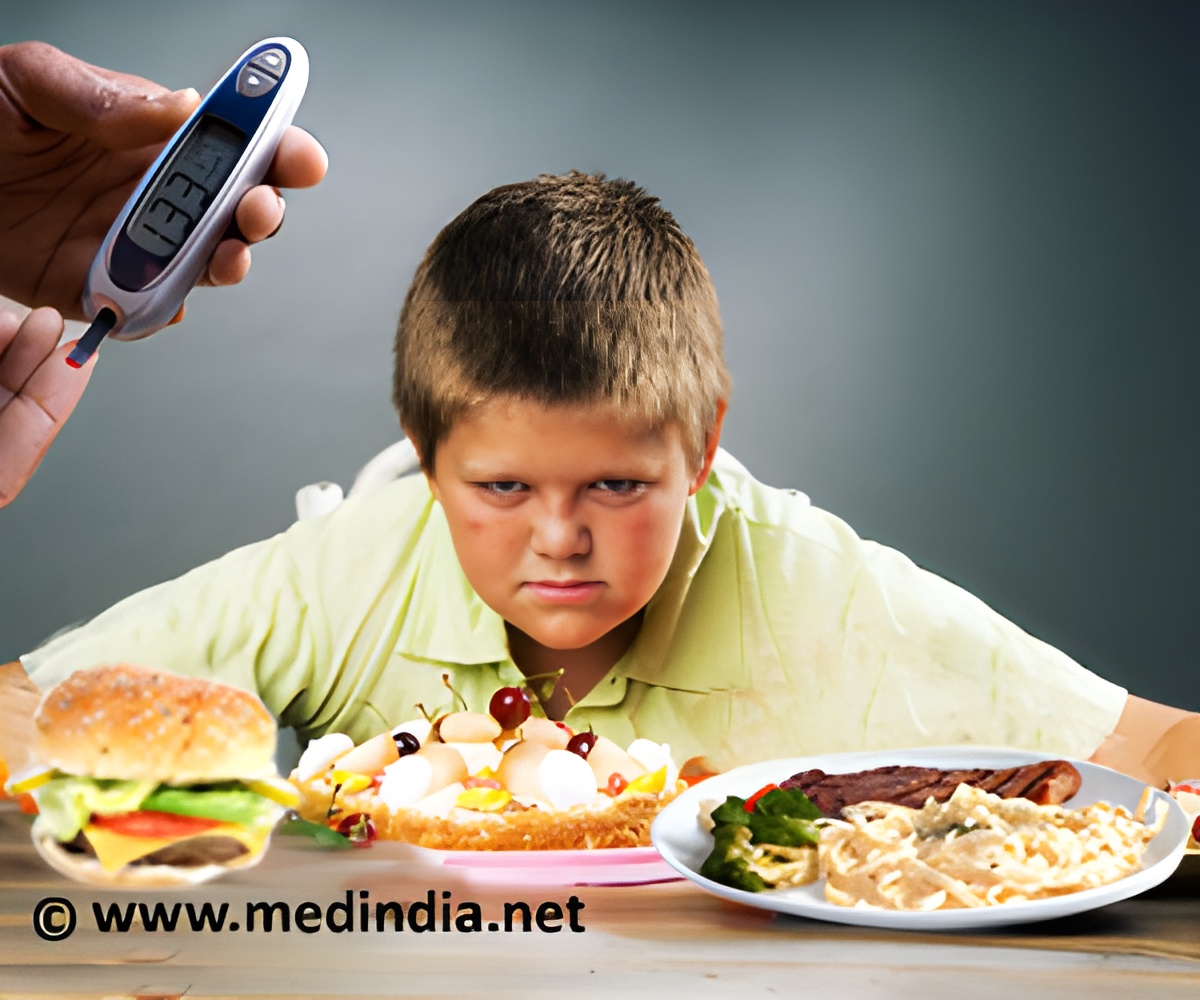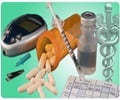There is no correlation between the consumption of hydrolyzed protein formula or a cow's milk-based formula and the development of diabetes-associated autoantibodies in children younger than seven.

The Trial to Reduce Insulin Dependent Diabetes Mellitus in the Genetically at Risk (TRIGR) study, which examines possible reduction in autoantibodies associated with type 1 diabetes, tracked children genetically predisposed to type 1 diabetes for seven years.
It was conducted in 78 centers in 15 countries, including the U.S and Canada, and will continue to receive funding from the National Institutes of Health to collect data up to the children's 10th birthday. A pilot study in Finland with a smaller, homogeneous population showed that weaning infants to an extensively hydrolyzed casein formula decreased the cumulative occurrence of diabetes-associated autoantibodies in children who have a first-degree relative with type 1 diabetes and an increased genetic risk.
Anita Nucci, assistant professor of nutrition at Georgia State University, is the U.S. coordinator and the North America nutrition coordinator for TRIGR. She notes that while there is no correlation between cow's milk protein and the autoantibodies that result in type 1 diabetes, the second end-point of the TRIGR study is the development of type 1 diabetes by 10 years of age.
"The NIH's continued support validates the possibility the connection with cow's milk protein and type 1 diabetes may appear a little later in the lives of children who live outside Finland or that hydrolyzed formula affects the rate of progression of autoimmunity to clinical diabetes in high-risk children," says Nucci.
Some genetic subgroups may carry a higher risk for diabetes and cow's milk proteins. Scandinavia is the region with the highest incidence of type 1 diabetes in the world.
 MEDINDIA
MEDINDIA




 Email
Email






